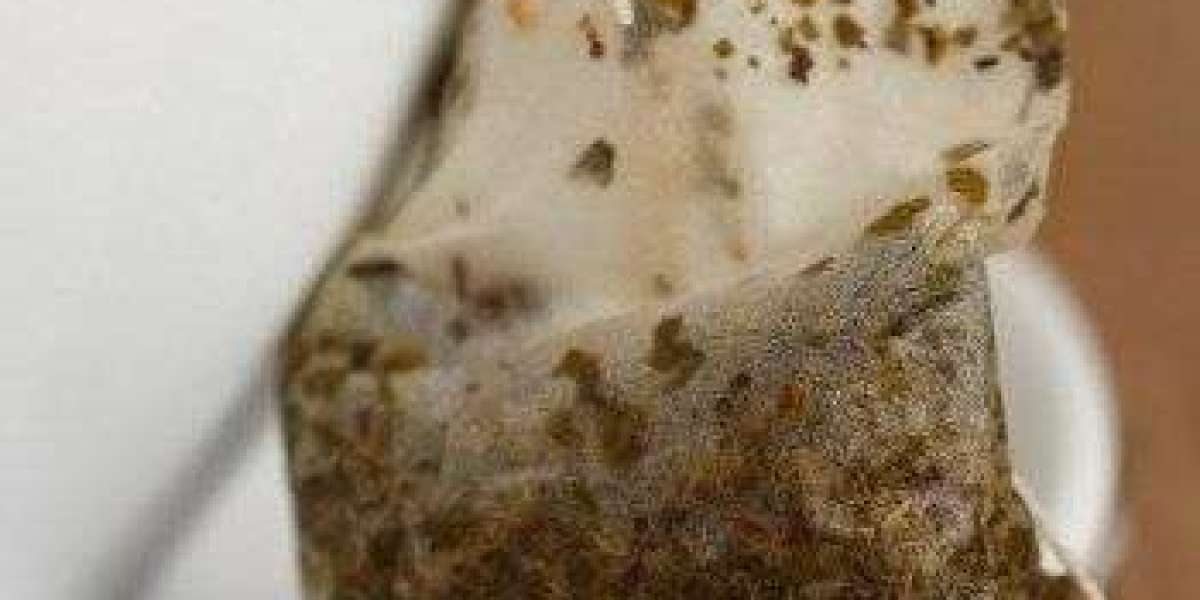You don't need specialized equipment to begin tea tasting. A clean, clear glass or cup is sufficient. A small spoon for tasting and a kettle for heating water are also necessary. A notebook to record your observations can significantly enhance your learning experience.
Preparing Your Tea:
Use freshly drawn, filtered water and heat it according to the tea's instructions. Use the recommended amount of tea leaves per cup. Steep the tea for the appropriate time, ensuring consistent brewing parameters for each sample. Once brewed, allow the tea to cool slightly before tasting.
The Visual Assessment:
Begin by observing the dry tea leaves. Note their color, size, and shape. After brewing, examine the liquor's color and clarity. Is it a light or dark shade? Is it clear or cloudy? These visual cues can provide clues about the tea's character.
Exploring the Aroma:
Bring the cup to your nose and inhale deeply. What aromas do you detect? Are they floral, fruity, earthy, or something else? Gently swirl the tea to release more volatile aromatic compounds and inhale again. The aroma is a significant indicator of the tea's flavor profile.
Tasting the Tea:
Take a small sip of the tea and let it coat your palate. Pay attention to the initial taste, the evolution of the taste, and the lingering aftertaste. Is it sweet, bitter, astringent, or a combination of these? Describe the taste using specific terms, such as fruity, floral, spicy, or woody.
The Mouthfeel and Overall Impression:
Consider the mouthfeel – the overall sensation of the tea in your mouth. Is it smooth, silky, or astringent? Finally, write down your overall impression of the tea. What did you like or dislike about it? What were the most prominent flavors and aromas?
Practice Makes Perfect:
Tea tasting is a skill that develops with practice. Start by tasting a few different types of tea and documenting your observations. Over time, you'll become more attuned to the subtle nuances of flavor and aroma, enhancing your appreciation for the world of tea. Remember, there are no right or wrong answers in tea tasting; it's about your personal sensory experience and developing your own palate.






